Grimes says anyone can use her voice for AI-generated songs
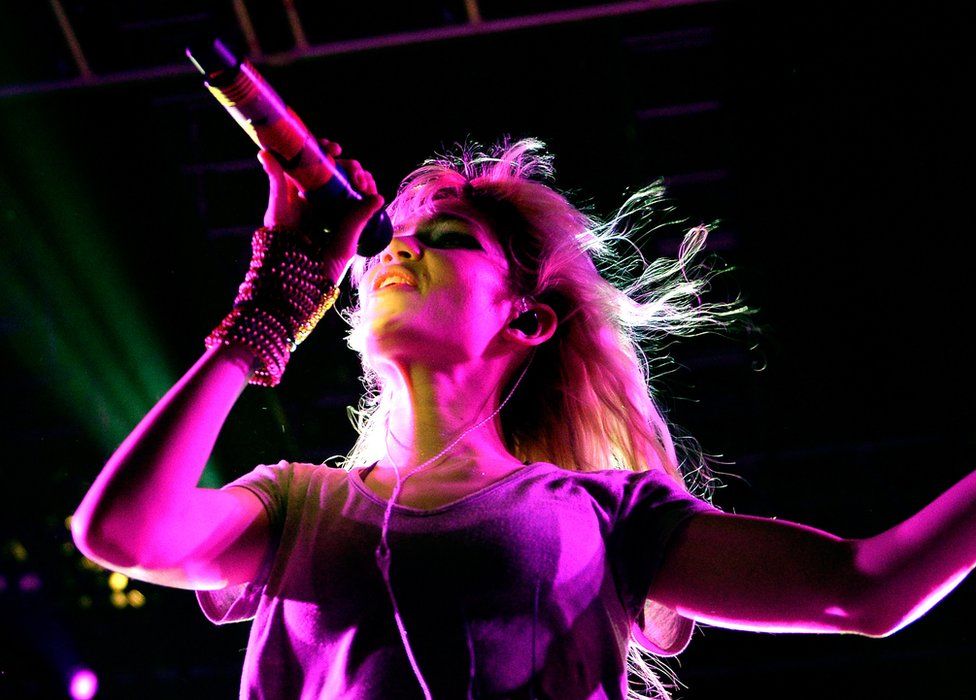
Grimes has invited musicians to clone her voice using Artificial Intelligence in order to create new songs.
The pop singer, whose real name is Claire Boucher, said she would “split 50% royalties on any successful AI-generated song that uses my voice”.
“Same deal as I would with any artist I collab[orate] with. Feel free to use my voice without penalty,” she tweeted.
Her declaration comes as the music industry scrambles to react to a spate of AI songs trained on artist’s voices
Last week, Universal Music successfully petitioned streaming services to remove a song called Heart On My Sleeve, which used deep-faked vocals from their artists Drake and The Weeknd.
In a statement, the label said “the training of generative AI using our artists’ music” was “a violation of copyright law”. However, that position has not been tested in court, and remains a legal grey area.
A report by The Verge discovered that Universal managed to get the track pulled from YouTube because it contained an unlicensed sample of the producer Metro Boomin’ saying his name, which was protected by copyright, rather than any claims over the song itself, which appears to be an original composition.
For context: Copyright law is very much based on the idea of making a copy – whether it’s of a melody or a lyric, by the use of a sample, or making a derivative work like a remix. Heart On My Sleeve did not, it seems, directly lift elements from Drake’s previous songs.
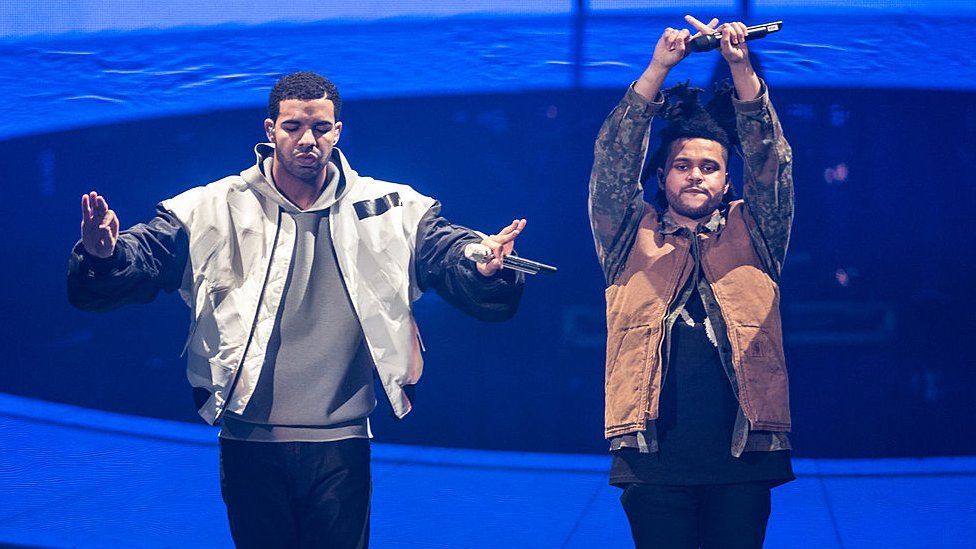
Further to this, the US Copyright Office recently ruled that AI art, including music, can’t be copyrighted as it is “not the product of human authorship”.
It is still unclear whether art that is created by a human, but which contains AI elements, can be copyrighted.
On Twitter, Grimes said she was energised by the “idea of open sourcing all art and killing copyright”.
The musician said she was already working on a programme “that should simulate my voice well”, but would also consider releasing a capella tracks for people to train their own software on..
After her announcement, fans immediately posted links to songs they had created featuring her vocals.
The Canadian artist said she was looking forward to being a “guinea pig” for the technology, adding: “I think it’s cool to be fused w[ith] a machine”.
The BBC is not responsible for the content of external sites.
Allow Twitter content?
This article contains content provided by Twitter. We ask for your permission before anything is loaded, as they may be using cookies and other technologies. You may want to read Twitter’s cookie policy and privacy policy before accepting. To view this content choose ‘accept and continue’.
The BBC is not responsible for the content of external sites.
Asked how she would react if people used her voice to make graphic, racist or violent content, the singer replied that she “may do copyright takedowns ONLY for rly rly toxic lyrics”.
“That’s the only rule… [I] don’t wanna be responsible for a Nazi anthem unless it’s somehow in jest, a la Producers I guess,” she said, referring to Mel Brooks’ infamous satire.
She suggested she would also remove songs that were “anti-abortion or [something] like that”.
But in a later tweet, Grimes said she wasn’t sure she had the legal right to ask for songs using her voice to be taken down.
“Curious what the actual legality is,” she wrote. “I think I chose not to copyright my name and likeness back when that was a convo.”
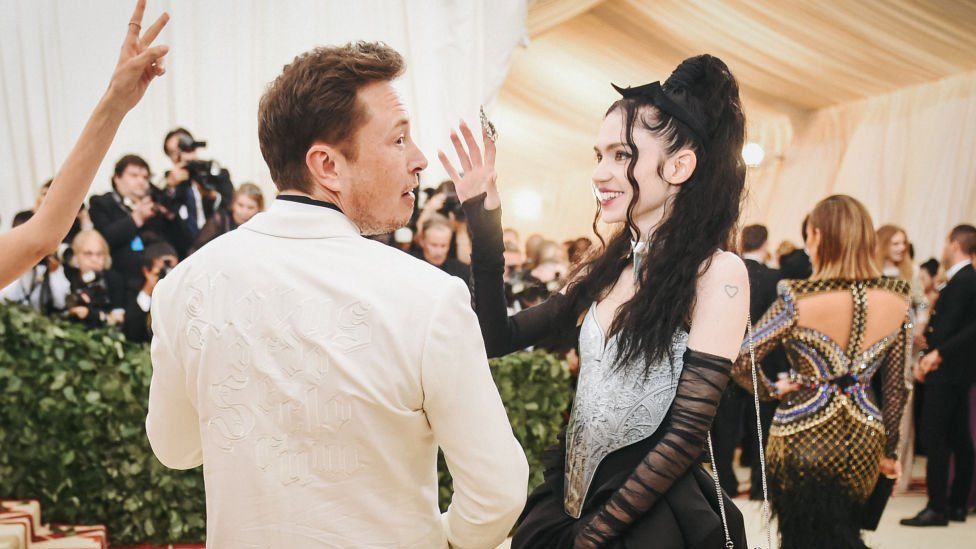
As an artist, Grimes has long explored the relationship between humans and machines, with songs like We Appreciate Power and Flesh Without Blood exploring the ethical quandaries surrounding Artificial Intelligence.
In 2020, she also teamed up with the mood music company Endel to create an AI-generated lullaby for her first child, named X Æ A-12, with SpaceX founder and Twitter CEO Elon Musk. (The character Æ itself represents “the Elven spelling of AI”, according to Grimes.)
In an interview with the New York Times, she said she was inspired to create “a better baby sleeping situation” for their son using the software.
“I think AI is great,” she said in the interview. “Creatively, I think AI can replace humans.
“And so I think at some point, we will want to, as a species, have a discussion about how involved AI will be in art.”
Related Topics
-
-
13 February
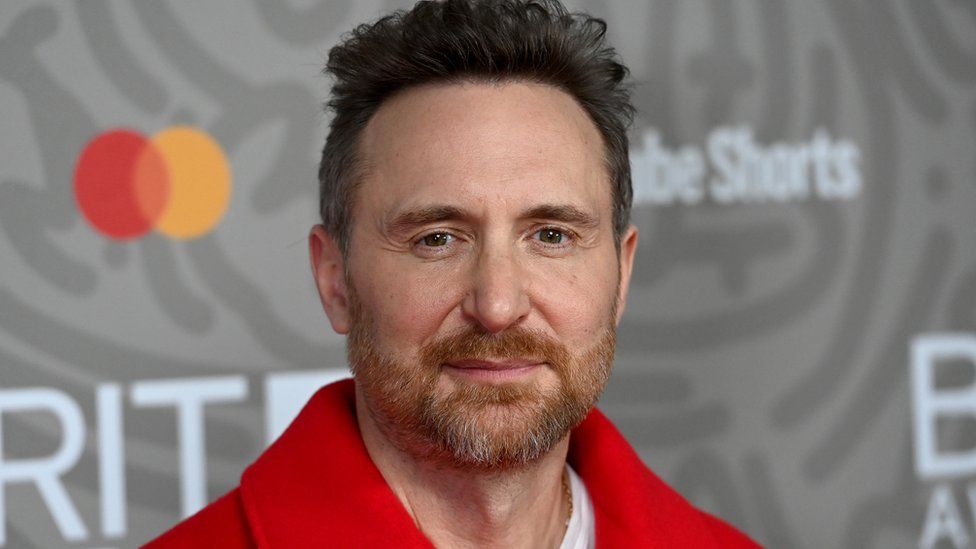
-
-
-
17 January
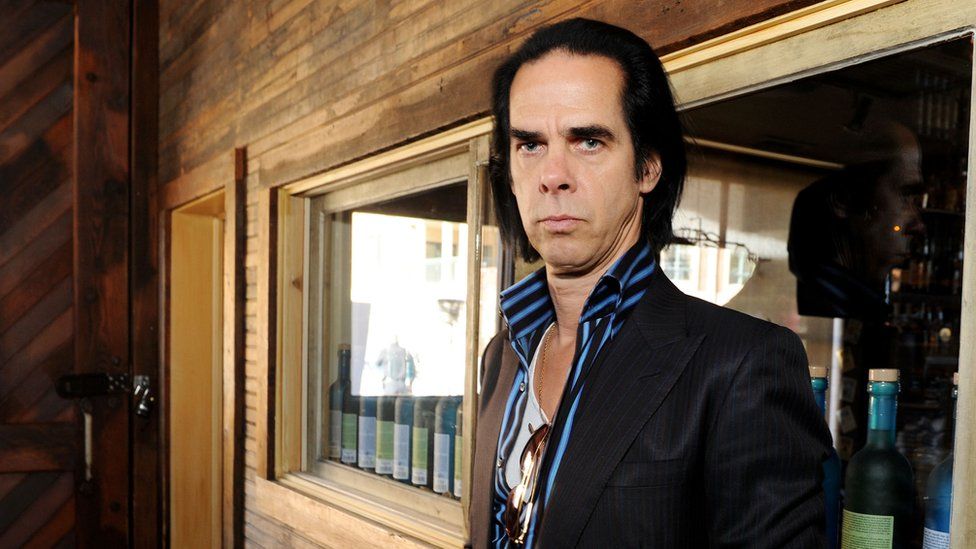
-

